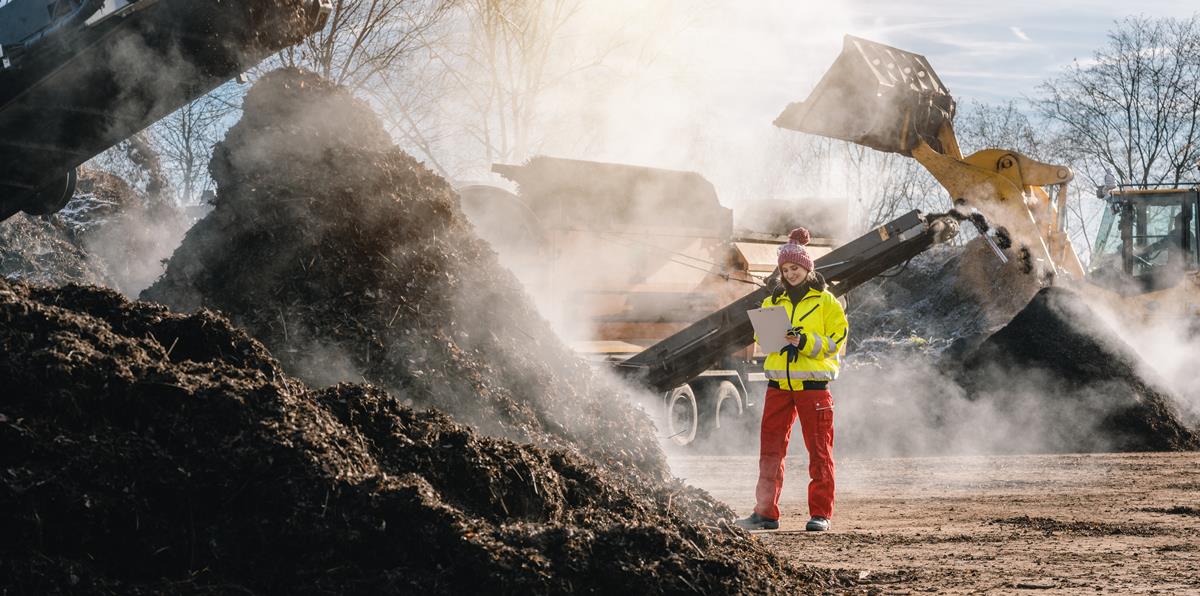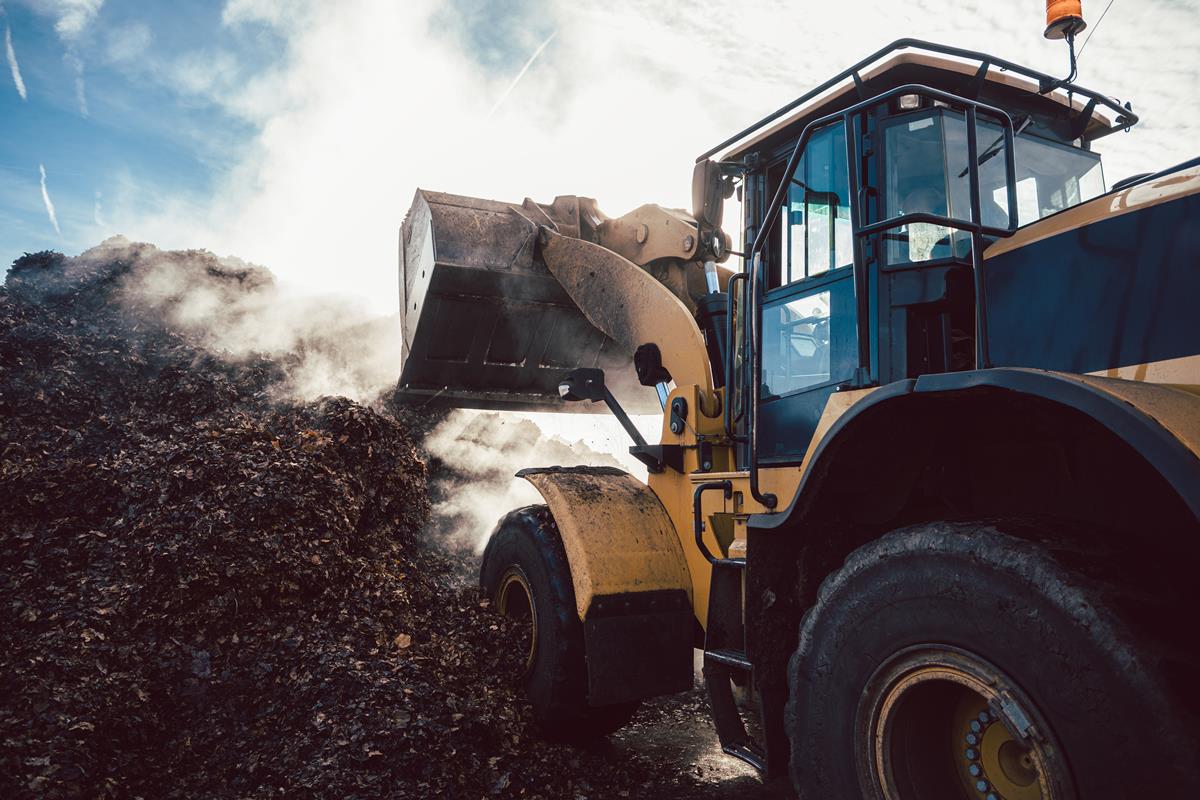Composting is a natural way of transforming organic waste into valuable fertilizer for your plants. It combines food scraps, garden wastes, and water to produce nutrient-rich compost that’s akin to fertile soil.
In addition, composting allows home and business owners to efficiently manage their waste and help sustain the environment. They reduce landfill pileups and dependence on chemical fertilizers.
Unfortunately, not everyone can make their compost. Some may not have the time or space while others may not be successful in their attempts. Add to this an increased demand for organic gardening brought about by the pandemic that sourcing compost can be quite tricky.
Commercial Composting
So how do you obtain compost when you can’t make one? The solution—commercial composting.
Commercial composting works the same way as its backyard counterpart, but with the aid of technology and equipment. They use dump trucks to collect organic waste from homes, restaurants, farms, and landscaping companies. Excavators then mix these wastes and either lay them in long rows called windrows or store them in silos.
Facilities also deploy several tools to ensure sufficient moisture, maintain ideal temperatures, reduce odor, and ward off pests. After several weeks of turning and aerating the piles, the compost is finally ready for distribution.
Large-scale composting also has several benefits and drawbacks. Read on to learn more.
Pros of Commercial Composting
Some of the advantages of commercial composting include:
Effectively Manages Commercial Waste
Commercial composting is an effective way of managing waste. Compared to a single household performing the task, large-scale composting makes it a community-wide effort. It compels homes and businesses to take part in such an initiative. In return, they can avail themselves of compost for free or for a minimal fee.
Some large-scale composting facilities even have the approval of the Organic Materials Review Institute (OMRI) to ensure the quality of the compost they produce. Several cities in the United States, such as Kansas City, carry this recognition as OMRI certified compost that satisfy organic farming standards.
Ensures Compost Availability
While the process of making compost is quite simple, not everyone has the time, space, or patience to make it. You can try and fail many times, or you can make a convenient trip to a local composting facility instead. Commercial compost can be an attractive option for those who want quality fertilizer without getting their hands dirty.
Large-scale composting is also beneficial for people who have larger gardens and farms. Your household waste may not be enough to create compost for such a wide area. Commercial composting allows you to source sufficient amounts of natural fertilizer for your gardening needs.
Promotes Healthy Plant Growth
Commercial compost enriches your garden soil so, your flowers and crops grow beautifully. Multiple sources of commercial compost materials ensure a balance between essential nutrients such as carbon and nitrogen. In addition, commercial composting also has reliable consistency that is ideal for your farm or garden.
Cons of Commercial Composting
Commercial composting also has several drawbacks such as:
Need To Buy
While community-owned commercial composting facilities often provide compost for free, privately-owned companies may charge you a certain amount. These out-of-pocket costs can be negligible for a small garden but can be substantial for a large farm or nursery.
It’s best to know your local council’s arrangements when it comes to commercial compost products. Read the fine print to know what’s included or ask a representative to discuss it with you. If you’re buying from a privately-owned business, check if their prices are reasonable.
May Contain Harmful Components
Since the wastes originate from several individuals or establishments, you may not be certain about the quality. Some compost materials, such as leaves and branch trimming may contain harmful chemicals such as herbicides, heavy metals, and other toxic liquids. These materials can do more harm than good to your plants, so it’s best to look for high-quality commercial compost.
Fuel-Intensive
Commercial composting facilities rely on trucks to haul organic waste. Most of the vehicles and equipment used in the commercial composting process run on fuel and release harmful smoke, which can increase the facility’s carbon footprint. Until new technologies arise, fuel consumption will remain a disadvantage of large-scale composting.
Conclusion
Commercial composting ensures the decomposition of home and business organic waste using various equipment and technology. It addresses the current demand for natural soil enhancers for farms and gardens and allows greater access to compost from either private or government facilities.
However, gardeners and farmers may need to pay a fee to avail themselves of this product. As such, it’s important that compost users wisely choose their suppliers to obtain high-quality commercial compost at a reasonable price. Lastly, commercial composting facilities should work on reducing their carbon emissions to be a fully sustainable practice.
Published in: Smart home | Author: Lynn








